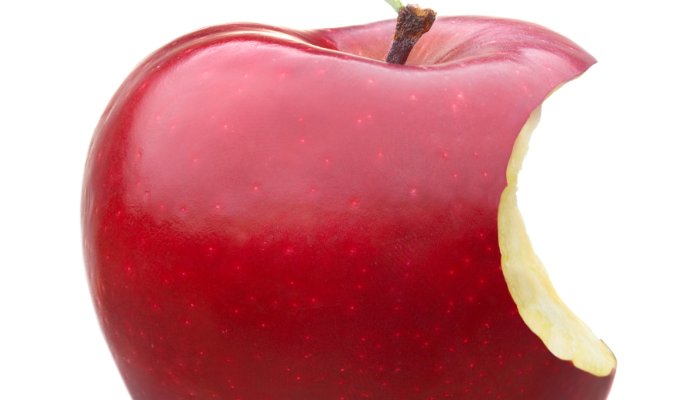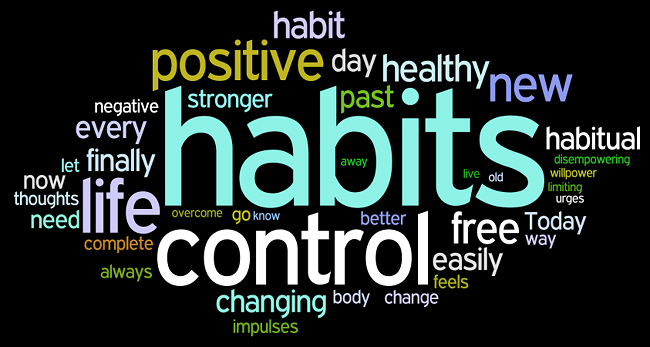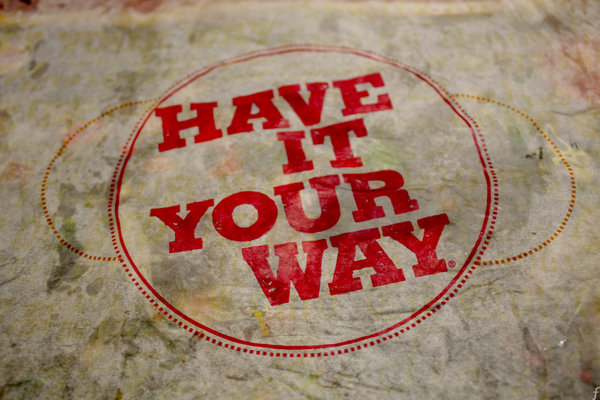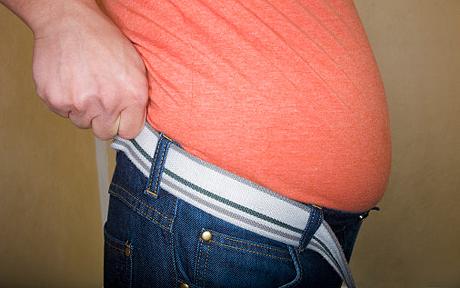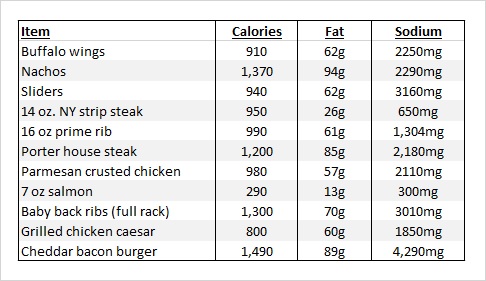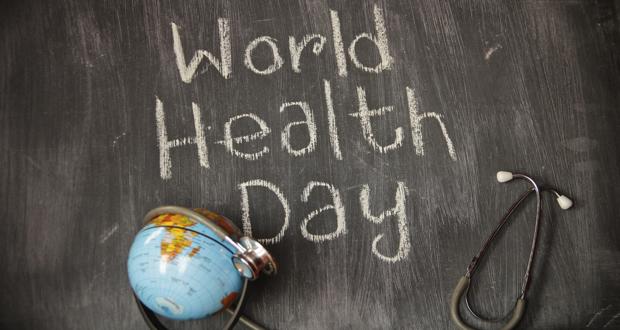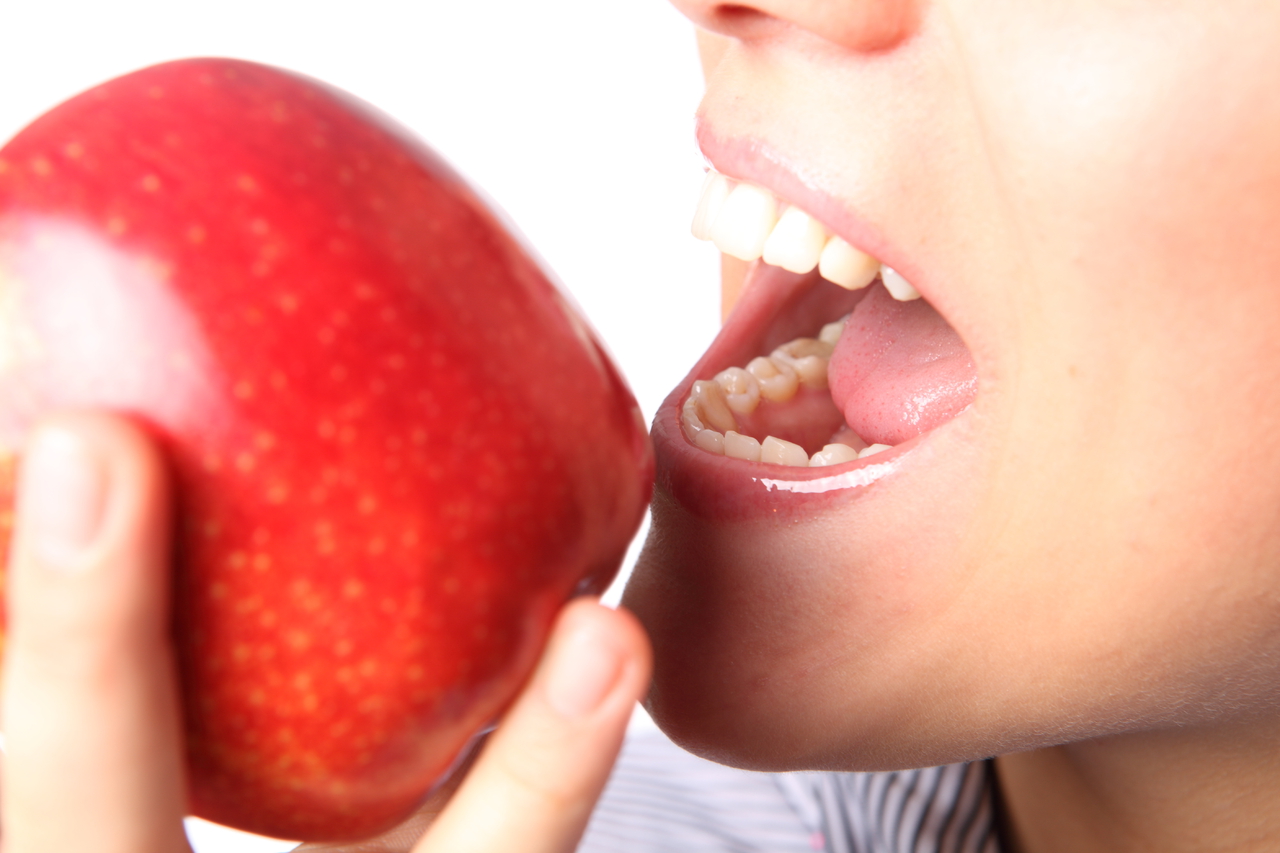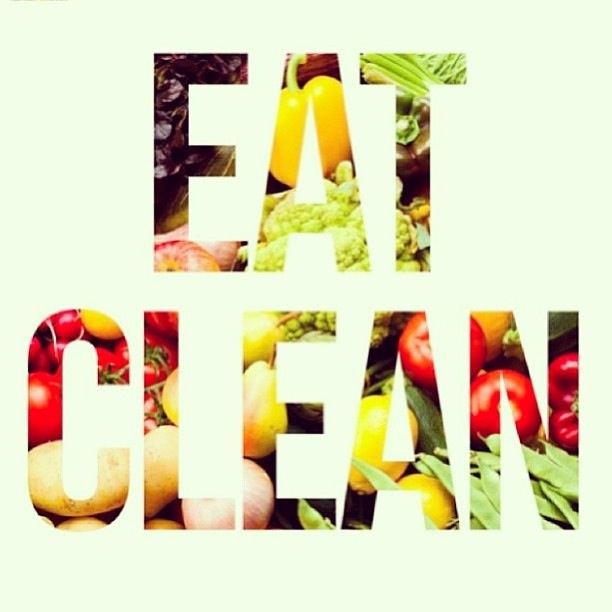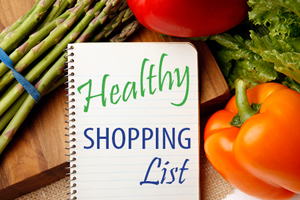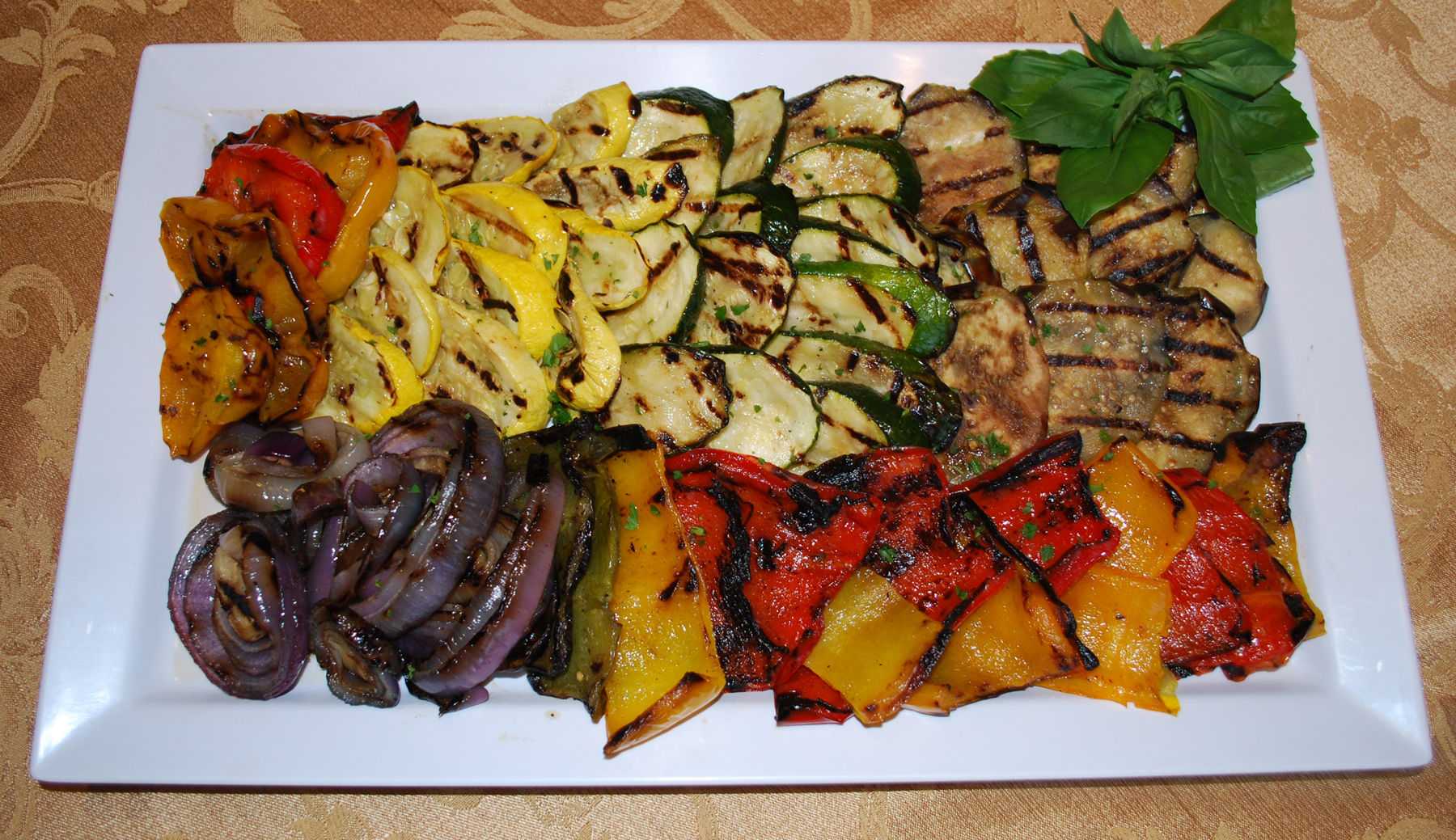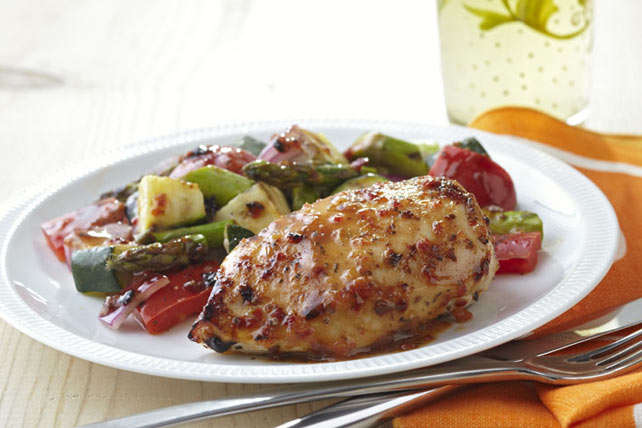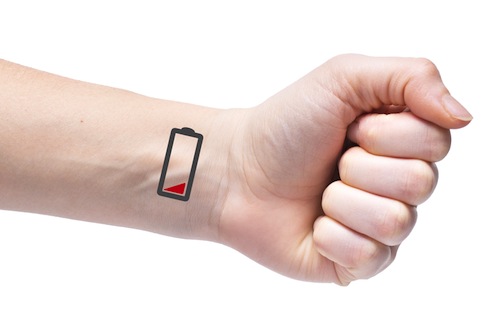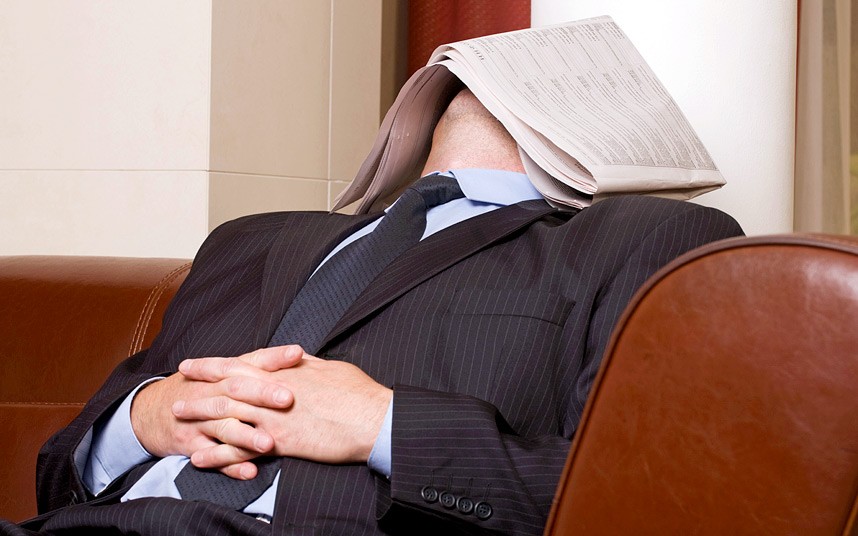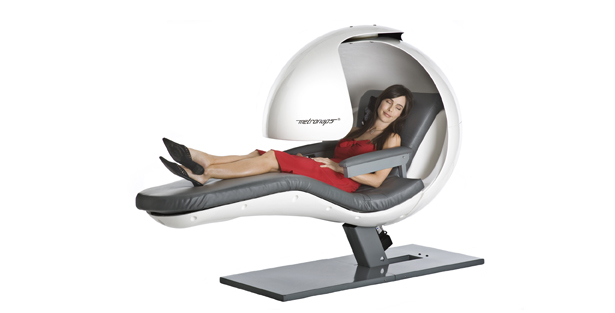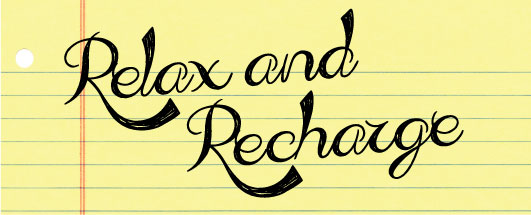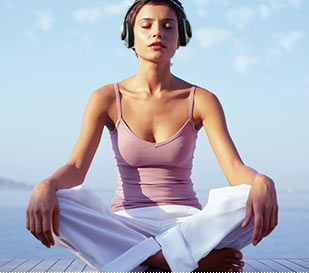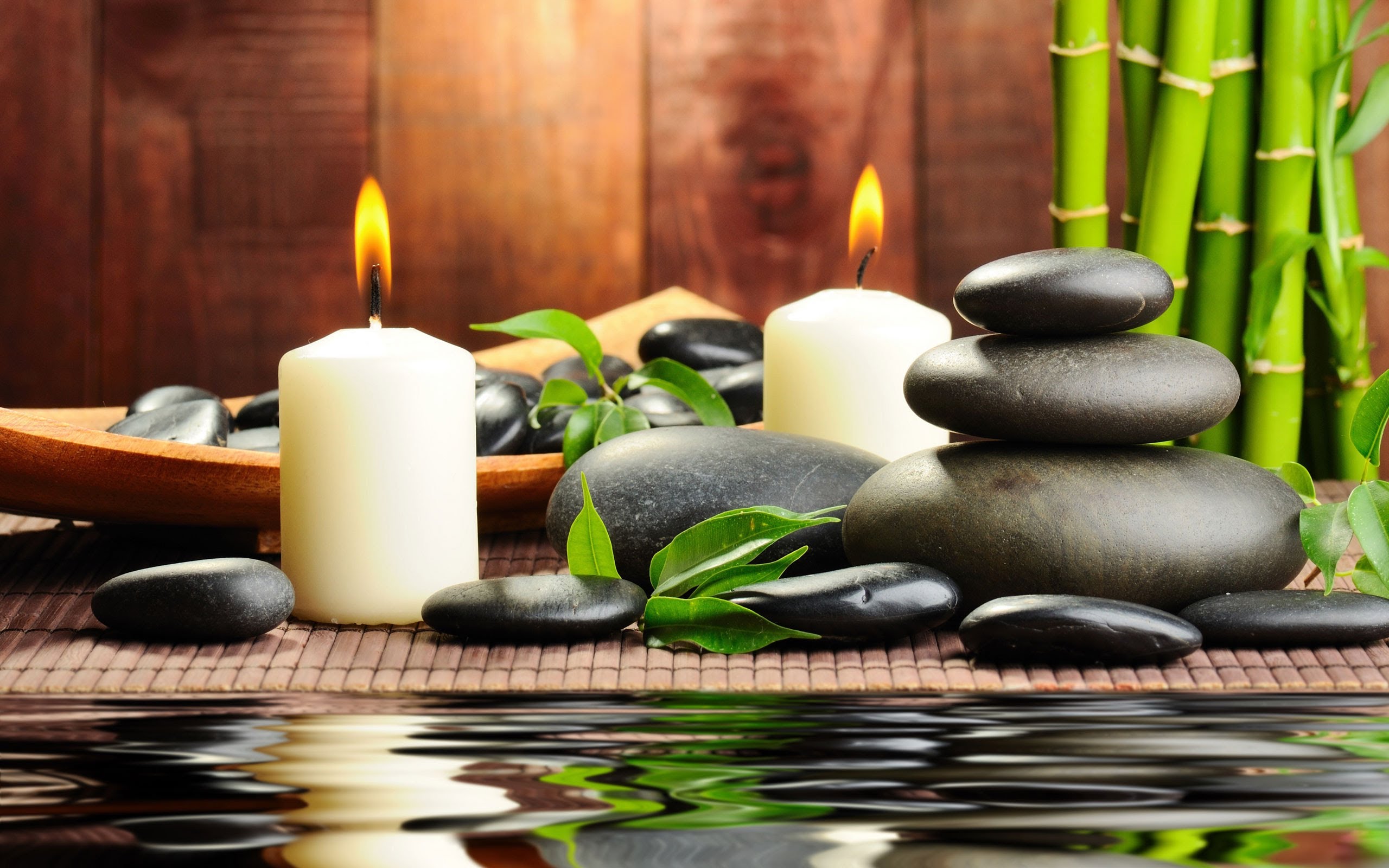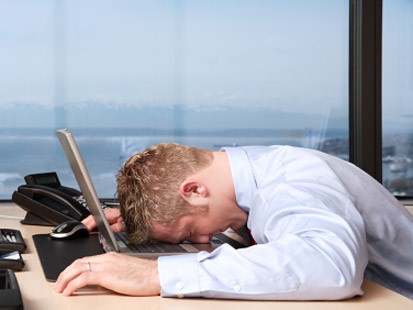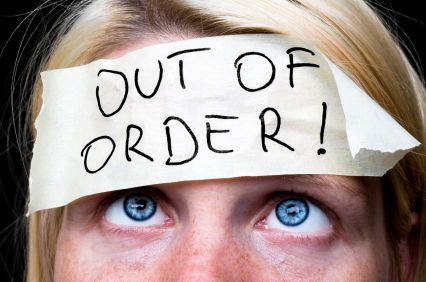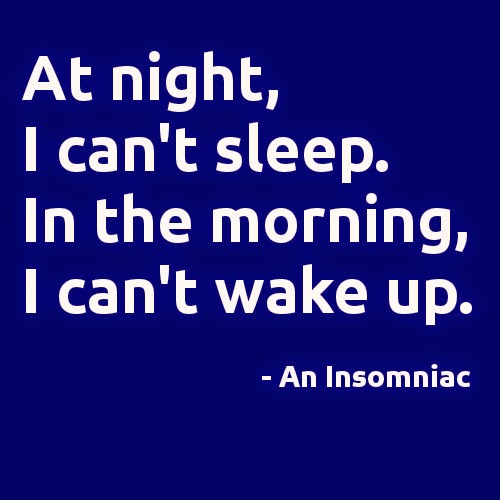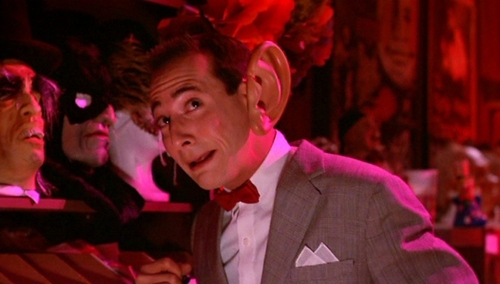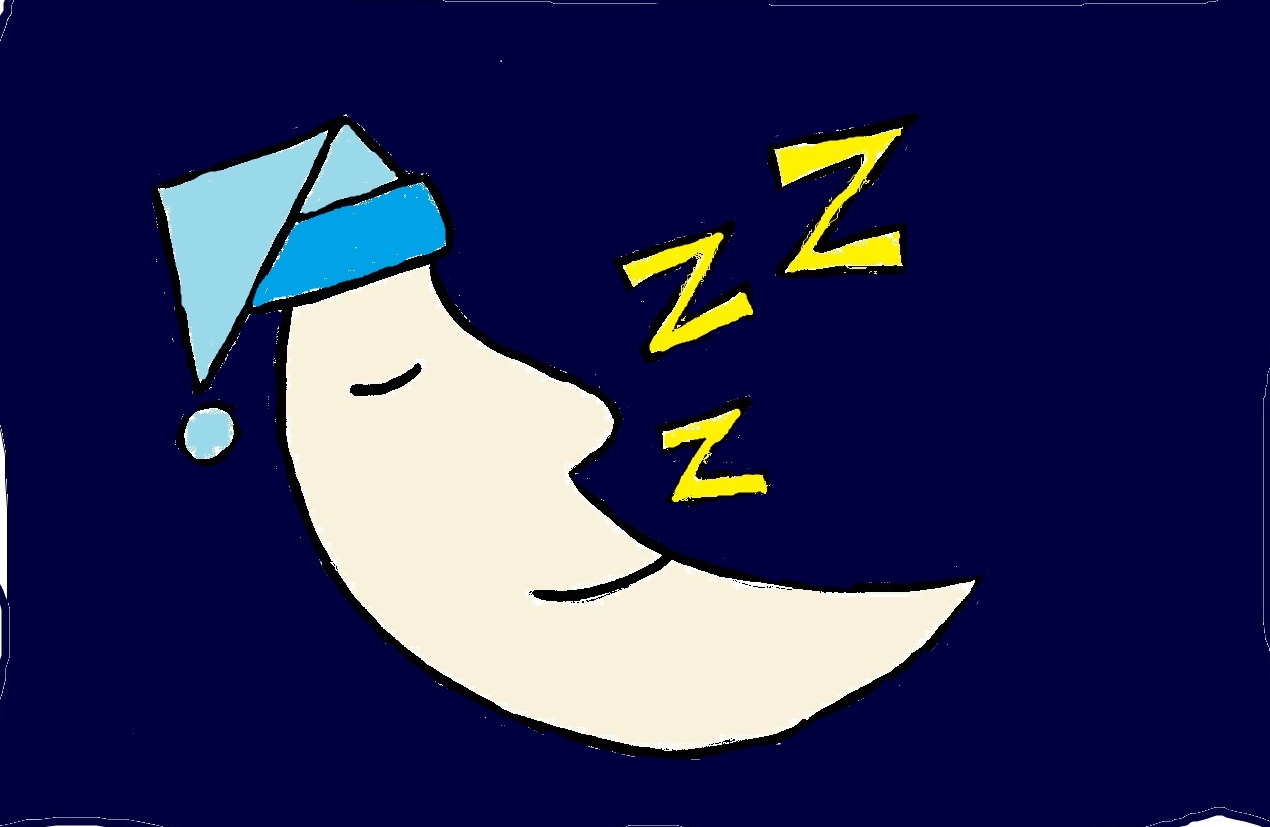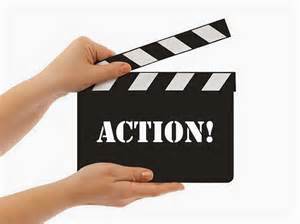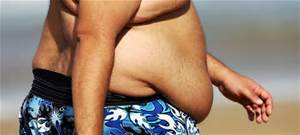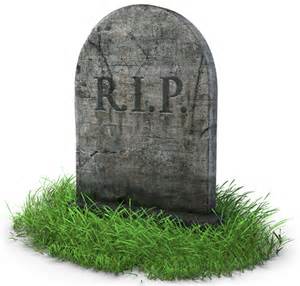I hope you are focusing on Habit #4 this month, eating clean. It’s one of the pillars of longevity. And it’s so fundamental to taking complete control of your overall health & wellness.
Before continuing, let’s recap WHAT we are doing with these habits and WHY we’re doing it.
I have dedicated the first 6 months of the year to 6 healthy habits. Habits that I believe to be important and necessary for living a longer, more fulfilling life. Little things that will have a significant, positive impact on improving your health & wellness.
Although we started in January, which is a time when everyone is thinking and talking about making changes with resolutions and goals, this is something you can start at any time – like NOW! You can link back to the first post of the year by clicking here.
You may be asking “Why are we taking it so slow?”. Here’s why.
Habits take time to develop or change. This includes reinforcing the good ones you want to build or maintain. Along with the bad ones you want to eliminate.
There’s no quick fix. Good habits require focus, discipline, determination, and a strong desire. They also require time.
Think about a good habit that’s part of your routine. Something you do every day for example. Well what happens if you go on vacation for a week, or break your normal routine in some way? If you’re not focused on that habit, you may find that after only a few days, your habit has been “forgotten”. Can you relate?
A similar thing can occur when life happens. Where you’re dealing with personal and professional priorities. If you don’t prioritize “yourself”, you may find that you’re busy chasing other people’s priorities. With little to no time (or energy) to tackle your own.
Before you know it, 1 year (or 5 or 10 years) has gone by. And worse. You may even find that you’re out of shape and overweight, wondering “How did this happen?”.
I am trying to help prevent this from happening to you. Or if it already has, help you turn it around by building a few key behaviors that will make a lasting impact.
By the way, I realize that you may have some current habits that will be difficult to break. And that some of these new habits may be difficult for you to make. You may also not like what I have to say. Like to stop eating fast food, fried foods, and high calorie/low nutrient processed foods. Or to drink more water, eat more fruits & veggies, and exercise.
So I guess it all depends on how intense your desire to get healthy is. AKA: your WHY and the price you’re willing to pay.
This week I want to talk about superfoods.
Superfoods are typically nutrient-dense, containing high levels of essential vitamins and minerals. And it’s far better to get your vitamins directly from food than from supplements.
Superfoods are also usually rich sources of antioxidants. Which means they protect our bodies from cell damage and help to prevent disease. They’re also high in fiber. Which is helpful for lowering blood cholesterol, maintaining a healthy weight, and lowering your risk of diabetes and heart disease.
There are quite a few documented “superfoods”. You’ve probably seen plenty of lists. So I will spare you from yet another list of the Top “X” superfoods, including obscure ones like Goji berries and hemp seeds. And instead, I will “list out” some of my favorites, with links to a few lists that provide a brief overview of each along with their respective benefits. Like:
- Broccoli (and other dark, leafy greens including kale and spinach)
- Berries (blueberries, blackberries, raspberries, strawberries – and sure, Goji berries)
- Walnuts (including almonds, and other nuts and seeds)
- Fish (especially those high in Omega 3 fatty acids like salmon and tuna)
- Poultry
- Olive Oil
- Fruit (including apples, bananas, avocados, kiwi, cantaloupe…)
- Whole Grains (oatmeal, quinoa, brown rice, whole wheat…)
- Beans (including lentils, black, white, kidney…)
- Wine 😉 (in moderation of course)
Here are a few articles I found to be informative and helpful. As I’ve said over and over, I am not into specific diets. But I found the Consumer Reports article interesting despite the reference to the MIND diet. I’ve provided the links below:
- http://www.consumerreports.org/food/brain-foods/
- http://www.naturalnews.com/042474_amazing_superfoods_nutritious_diet_healthy_lifestyle.html
- http://www.med.umich.edu/umim/food-pyramid/fats.html
- http://www.consumerreports.org/diet-nutrition/new-year-s-health-eating1/
How many superfoods are part of your daily nutrition plan? The more the better. Let’s try to add a few this week as part of our new eating clean habit.
Thank you for sharing your time with me. I’d love for you to let me know what you think by leaving a comment. Is the content valuable and helpful? Did anything resonate? Will you take action? What else would you like to see in future posts?
If you know someone that can benefit from this content, I’d be eternally grateful if you would share this with them. And if you like what you see, you can SUBSCRIBE for automatic updates, LIKE US on Facebook, and spread the word about www.thin2win.net with your friends, family and social circles.

